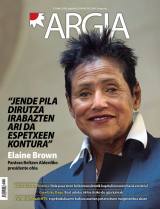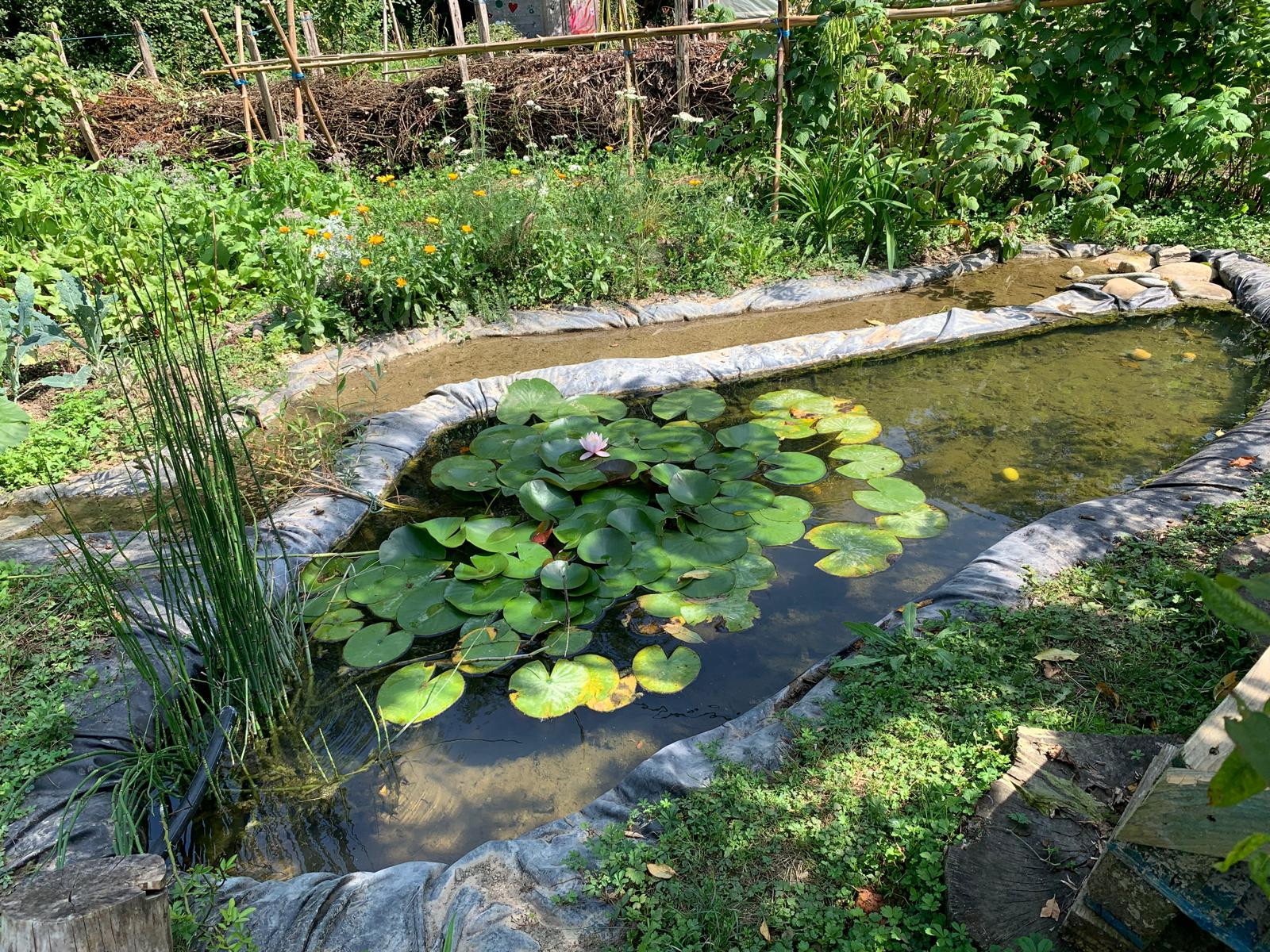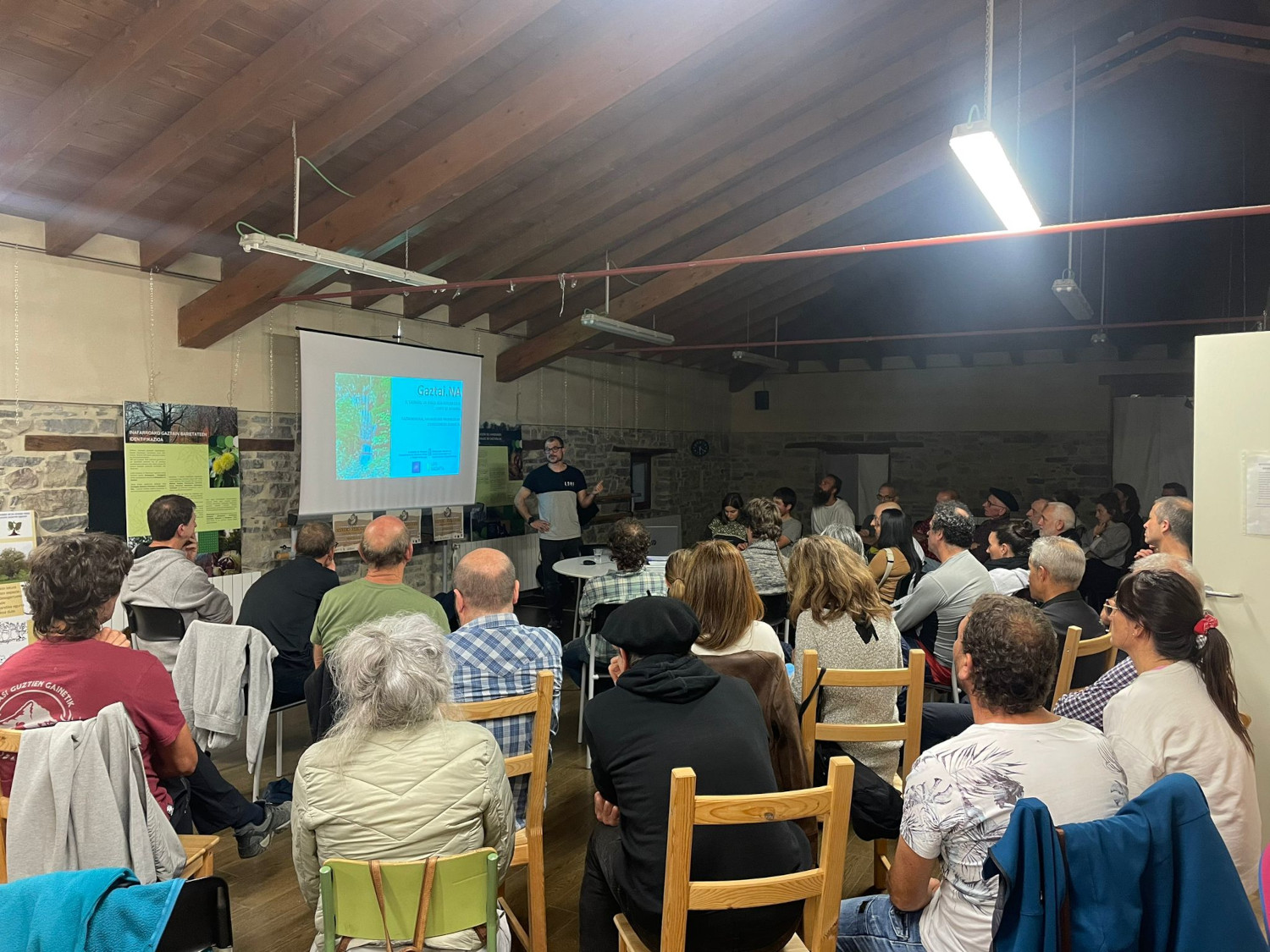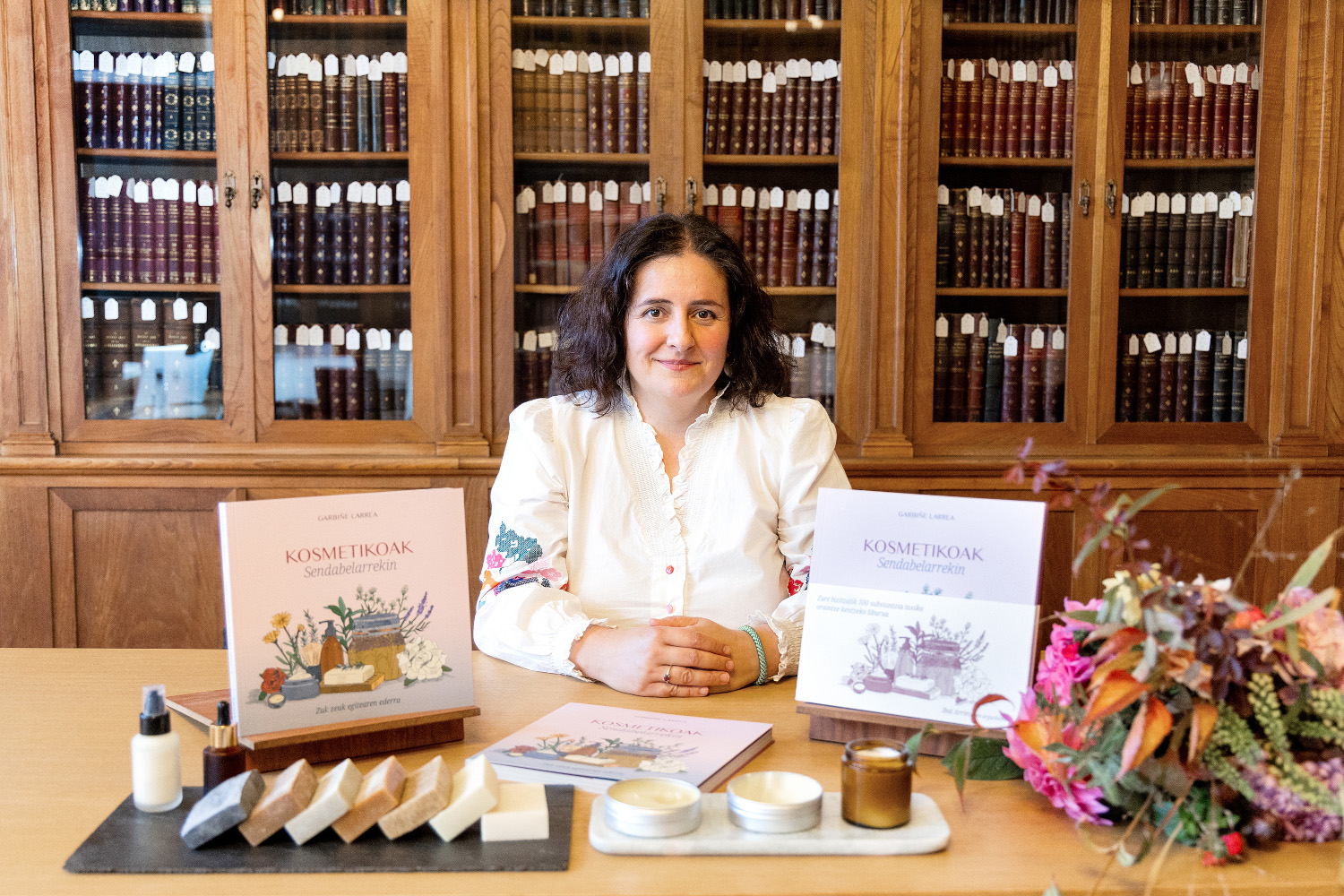Food Sovereignty to the Parliament of Navarre

On 15 May the Chamber of the Parliament of Navarre acquired an unusual aspect: Mundubat, Mugarik Gabe Nafarroa and IPES organize the II. The Parliament of Food Sovereignty was held there. Small farmers and small producers, councillors of municipalities, representatives of the Institute of Agro-food Technologies and Infrastructures of Navarra (INTIA), as well as members of consumer groups and different groups, held the parliamentary seats on that day.
Outcome of the biennial process
Last year the sessions on merinity, food sovereignty in Navarre began. Under the title Local and transformative governance with food sovereignty and the keys to gender equality, they met with producers, municipalities, associations, development agencies and other actors in each area to reflect on their realities.
They soon realized that, even though they moved from one to the other, they had similar problems. “The situations of all merinity share many things, for example, that the small farmer is disappearing because he is increasingly struggling to survive.” The agricultural policies and market trends that have been driven over the years are directly related to this situation, according to Gotzone Sestorain, a member of the process and parliamentarian.
Healthy eating, peoples' survival and social justice
After the presentation of the diagnoses of all merits, the participants used the II Food Sovereignty Plan to ask the Government of Navarra to take a series of measures directly. Parliament. What measures? To protect the land from large-scale infrastructure and speculation, to promote education on food sovereignty, to continue working, to strengthen and coordinate local public food, to adapt the hygienic-sanitary laws of agriculture and livestock to the profile of small producers and processors, to develop the law of direct selling and to make conditions for young people's access to agriculture more flexible, among other things.
In short, the main demand of the participants has been to adapt agricultural policies to their own model. “In Navarre there are those who are emptying the spaces and to give the generational relief it is essential to implement these types of policies as soon as possible,” says Sestao. Representatives of the Merindad de la Baja Navarra also participated: A member of the Euskal Herria Chamber of Agriculture explained in Parliament the projects that have been launched in recent years in Ipar Euskal Herria and the path they have taken. In the South it has only just begun that path…
Emakume bakoitzaren errelatotik abiatuta, lurrari eta elikadurari buruzko jakituria kolektibizatu eta sukaldeko iruditegia irauli nahi ditu Ziminttere proiektuak, mahai baten bueltan, sukaldean bertan eta elikagaiak eskutan darabiltzaten bitartean.























